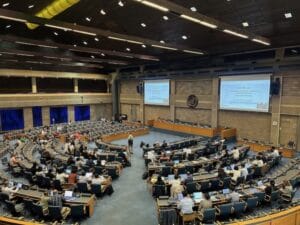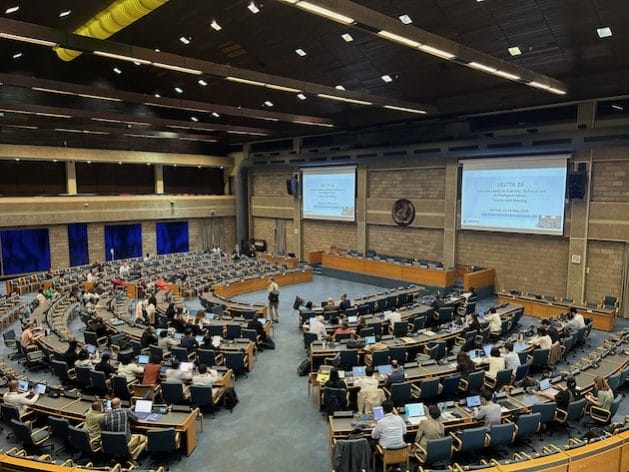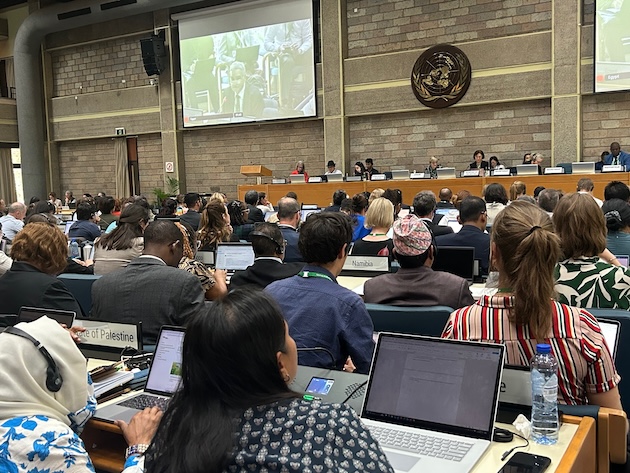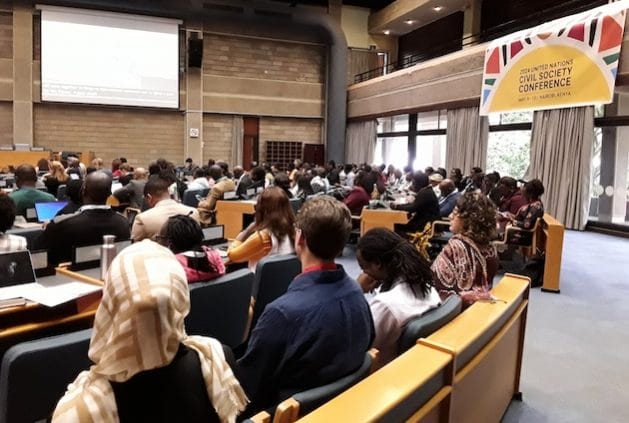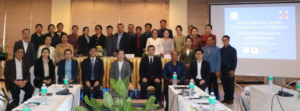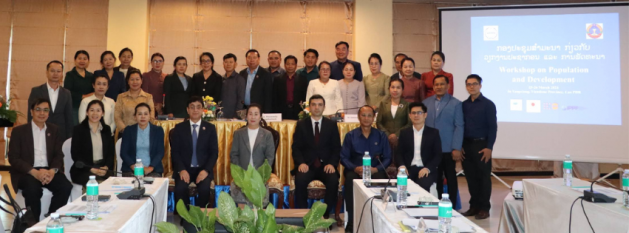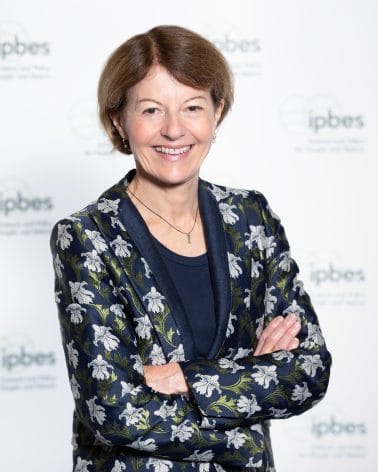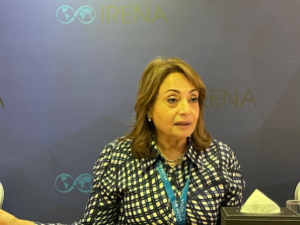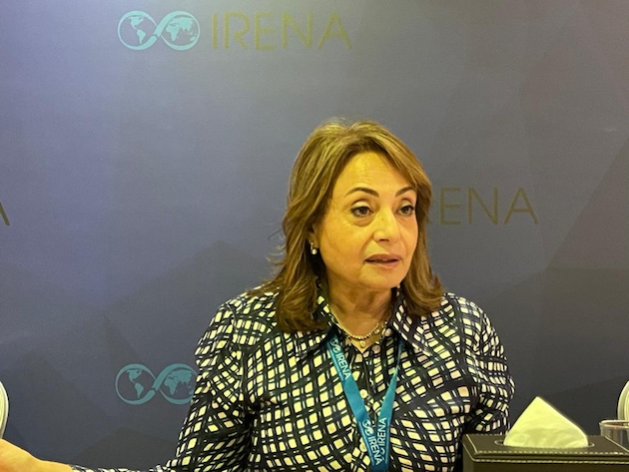
Caribbean Climate Wire, Climate Action, Climate Change, Climate Change Finance, Climate Change Justice, Conferences, Development & Aid, Editors’ Choice, Environment, Featured, Headlines, Humanitarian Emergencies, Latin America & the Caribbean, PACIFIC COMMUNITY, Pacific Community Climate Wire, Small Island Developing States, Sustainable Development Goals, TerraViva United Nations

Panelists at SDG Media Zone at SIDS4, Antigua and Barbuda. Credit: Alison Kentish/IPS
– As leaders of Small Island Developing States (SIDS) meet for the 4th International Conference on SIDS in Antigua this week, top United Nations and World Bank officials are calling for urgent action to help SIDS tackle their unique challenges and plan for the next decade.
Selwin Hart, UN Special Adviser to the Secretary-General and Assistant Secretary-General of the Climate Action Team, had a frank assessment for a United Nations SDG Media Zone event on the sidelines of the conference, known as SIDS4.
“The international community has failed to deliver on its commitments to these small nations, but it’s not too late to make amends,” he said.
Hart says the world has the ‘tools, solutions, technologies, and finance’ to support SIDS, but change lies in the political will of the countries with the greatest responsibility and capacity, particularly G20 nations, which account for almost 80 percent of global greenhouse gas emissions.
“A mere USD 3 billion of the USD 100 billion goal has been mobilized annually for the small island developing state and you compare that to the USD 36 billion in profit that Exxon Mobil made last year. It represents a tenth of the climate finance that SIDS are attracting and mobilizing. We need to correct these injustices and that has to be at the root of the global response to the demands and needs of small island developing states.”
Nature-Based Solutions for Nations on the Frontlines of Climate Change
“Both natural and man-made disasters hit SIDS first,” the World Bank’s Global Director of Environment, Natural Resources, and Blue Economy, Valerie Hickey, told the Media Zone. She said that for this reason, the international lending body describes SIDS as “where tomorrow happens today,” a nod to small islands’ role as ‘innovation incubators,’ who must adapt to climate change through the creative and sustainable use of natural capital, biodiversity, and nature-based solutions.
She says nature capital also shifts the narrative, focusing less on the vulnerabilities of SIDS and more on their ingenuity.
“We don’t talk enough about the fact that small islands are where natural capital is the engine of jobs and GDP,” she said. “It is fisheries. It is nature-based tourism. These are critically important for most of the small islands and ultimately deliver not just jobs and GDP but are going to be the only technology for adaptation that is available and affordable, and affordability matters for small islands.”
For small island states seeking to adapt to a changing climate, nature-based solutions and ecosystem based adaptation are essential, but it is also necessary to tackle perennial problems that hinder growth and access to finance. That includes a dearth of current, relevant data.
“The data is too fragmented. It’s sitting on people’s laptops. It’s sitting on people’s shelves. Nobody knows what’s out there and that’s true for the private sector and the public sector,” she said.
“In the Caribbean, where there is excess capital sitting in retail banks, USD 50 billion of that can be used to invest in nature-based solutions judiciously, to work on the kind of longer-term infrastructure that would be fit for purpose both for disaster recovery and long-term growth—it’s not happening for lack of data.”
As part of SIDS4, the world’s small island developing states appear to be tackling this decades-long data problem head-on. At the event’s opening session, Antigua and Barbuda’s Prime Minister Gaston Browne said a much-promoted Centre of Excellence will be established at this conference and that this Global Data Hub for Innovative Technologies and Investment for SIDS will use data for decision-making, ensuring that SIDS’ ten-year Antigua and Barbuda Agenda (ABAS) is led by ‘accuracy and timeliness.’
Reducing Disaster Risk and Early Warning Systems for All
A discussion on SIDS is not complete without acknowledging the disproportionate impact of disasters on the island nations. Assistant Secretary-General and Special Representative of the Secretary-General for Disaster Risk Reduction, Kamal Kishore, says mortality rates and economic losses from disasters are significantly higher in SIDS than the global average.
“If you look at mortality from disasters, the number of deaths normalized by the population of the countries, the mortality rate in SIDS is twice that of the rest of the world. If you look at economic losses as a proportion of GDP, globally it is under one percent; in SIDS, in a single event, countries have lost 30 percent of their GDP. SIDS have lost up to two-thirds of their GDP in a single event.”
Kishore says the ambition to reduce disaster losses must match the scale of the problem. He says early warning systems are a must and have to be seen by all not as generosity but responsibility.
“It is not acceptable that anybody on planet Earth should not have access to advanced cyclone or hurricane warnings. We have the technical wherewithal to generate forecasts and warnings. We have technologies to disseminate it. We know what communities need to do and what local governments need to do in order to respond to those warnings. Why is it not happening?”
The Early Warning for All initiative was launched by UN Secretary General Antonio Guterres in 2022. Kishore says 30 countries have been identified in the initial stage and a third of those countries are SIDS. Gap analyses have already been conducted and a road map has been prepared for strengthening early warning systems. The organization needs money to make it happen.
“The world needs to show some generosity and pick up the bill. It’s not in billions. It’s in millions and it will pay for itself in a single event. You invest in early warning in a country and one major event happens in the next five years, you’ve recovered your investment. The evidence is there that it makes financial sense, but we need to mobilize resources to close that gap.”
The Road Ahead
Thirty years since the first International Conference on Small Island Developing States (SIDS), the three leaders agree that there is hope, but that hope is hinged on action—an approach to development in SIDS that involves financial investment, comprehensive data collection and management and nature-based adaptation measures.
“It’s not too late,” says Selwin Hart. “What we need now is the political will to make things right for small island developing states.”
IPS UN Bureau Report

